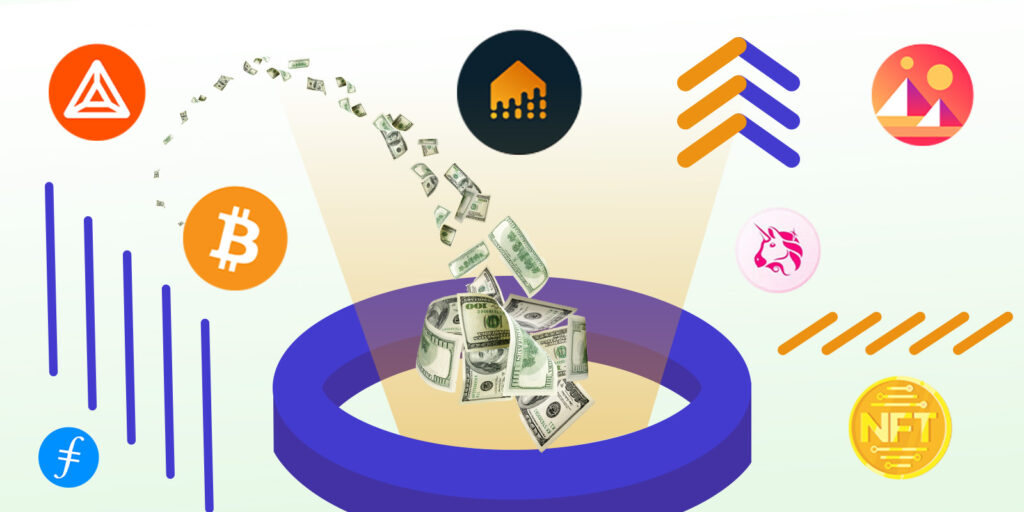Blockchain Beyond Bitcoin – Exploring Diverse Applications of Cryptocurrency Technology
Blockchain technology, popularized by Bitcoin, has transcended its origins in cryptocurrency to find diverse applications across various industries. Beyond serving as a decentralized ledger for financial transactions, blockchain has emerged as a disruptive force, revolutionizing sectors ranging from supply chain management to healthcare. Its underlying principles of transparency, immutability, and decentralization offer a plethora of possibilities for innovation. One significant application of blockchain technology lies in supply chain management. Traditionally, tracking the journey of products from manufacturer to consumer has been cumbersome and prone to errors. However, blockchain provides a solution by offering a transparent and immutable record of every transaction or movement of goods. This transparency not only enhances accountability but also helps in detecting and mitigating issues such as counterfeit products, theft, or contamination. Companies have already begun implementing blockchain in their supply chains, leading to increased efficiency and trust among stakeholders. Another promising area for blockchain adoption is in healthcare. Patient data privacy and security have long been concerns within the healthcare industry.

By leveraging blockchain technology, healthcare providers can securely store and manage patient records, ensuring confidentiality while allowing authorized parties access when needed. Moreover, blockchain can facilitate interoperability among different healthcare systems, enabling seamless sharing of data while maintaining data integrity. This has the potential to improve medical research, enable personalized treatment plans, and enhance overall healthcare outcomes. Real estate is also ripe for disruption through blockchain technology. Property transactions typically involve numerous intermediaries, leading to delays, paperwork, and high transaction costs. By digitizing property records and utilizing smart contracts, blockchain can streamline the buying, selling, and renting of real estate assets. Smart contracts automatically execute predefined terms once certain conditions are met, eliminating the need for intermediaries and reducing the risk of fraud. Additionally, blockchain-based platforms can enable fractional ownership, allowing investors to own a portion of high-value properties, thereby democratizing real estate investment. In the realm of identity management, blockchain offers a solution to the challenges of identity theft and fraud.
Traditional methods of identity verification often rely on centralized databases, making them vulnerable to breaches. Blockchain-based identity systems, on the other hand, distribute identity information across a decentralized network, enhancing security and privacy. Individuals retain control over their personal data and can selectively share it with trusted parties, reducing the risk of unauthorized access or misuse. This decentralized approach to identity management has the potential to revolutionize not only financial services but also areas such as voting, access control, and digital identity verification. Furthermore, crypto mining tools is being explored for its potential to revolutionize voting systems, making them more secure, transparent, and accessible. By storing votes on a tamper-proof blockchain ledger, election results can be verified by anyone, ensuring the integrity of the electoral process. Blockchain-based voting systems have the potential to increase voter turnout, reduce fraud, and enhance trust in democratic institutions. Blockchain technology has transcended its origins in cryptocurrency to find diverse applications across numerous industries. From supply chain management to healthcare, real estate, identity management, and voting, blockchain offers solutions to some of the most pressing challenges faced by society today.